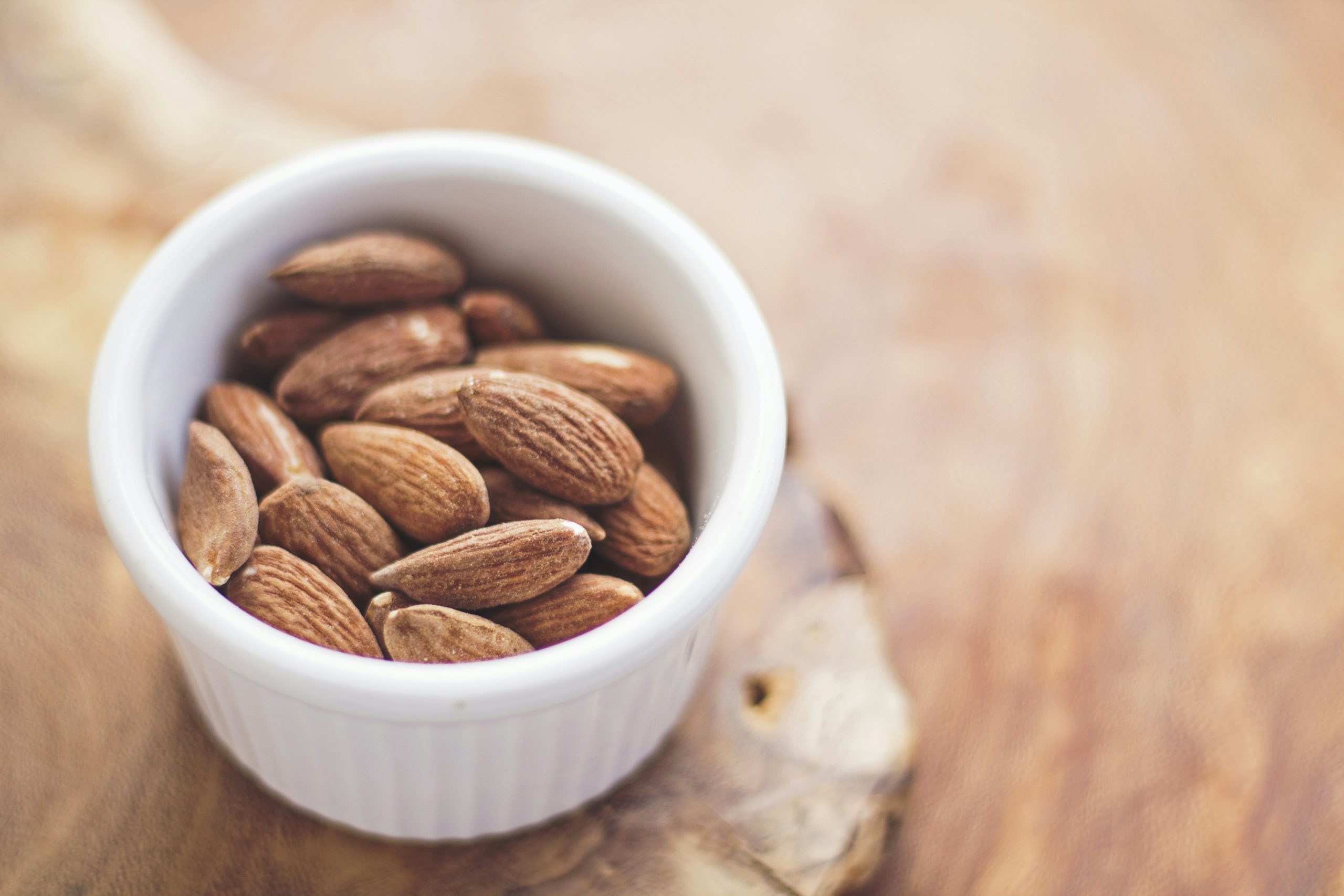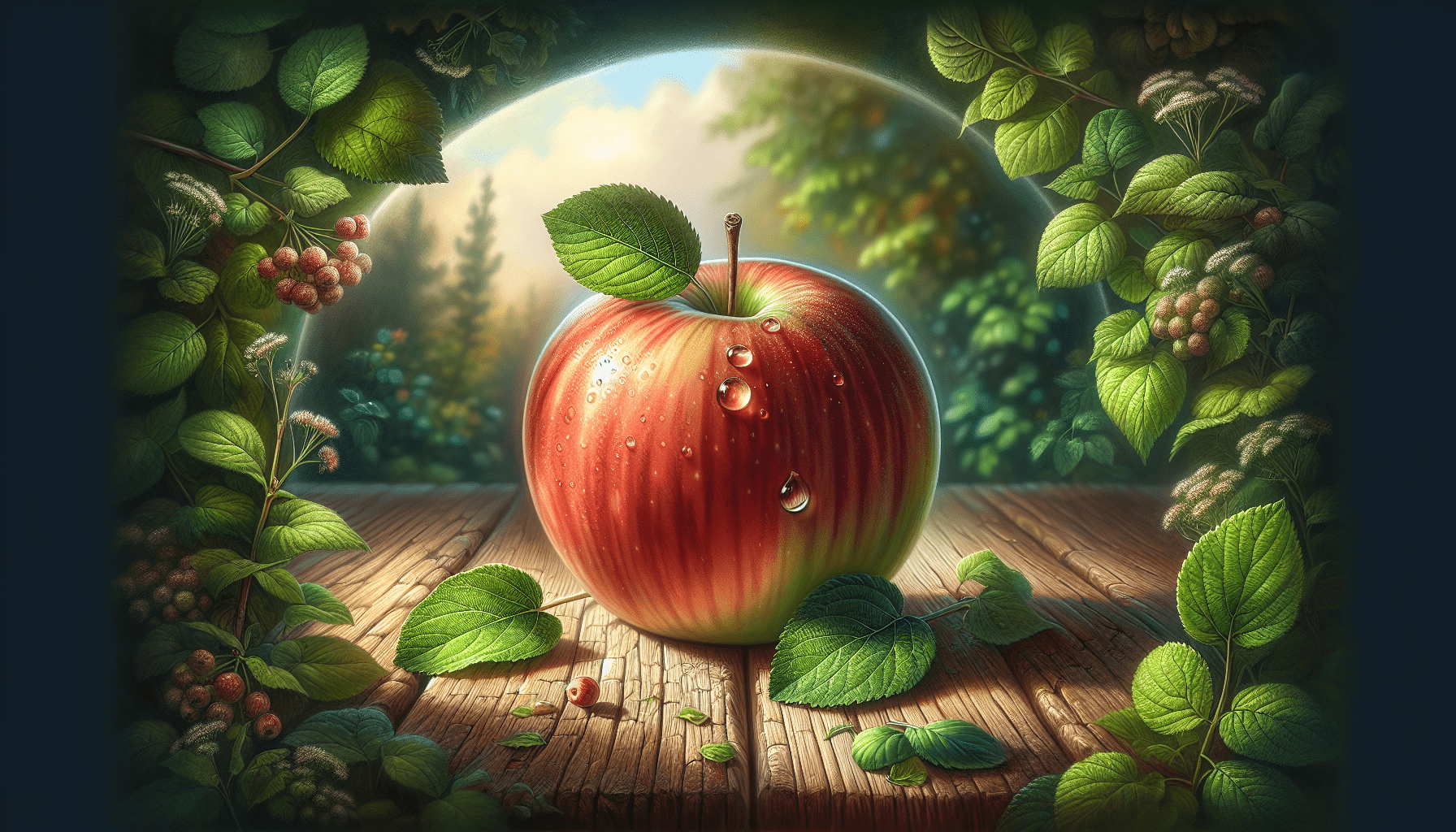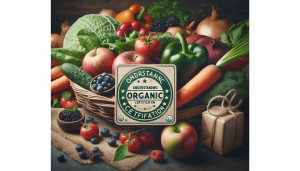Have you ever found yourself standing in the grocery store, staring at the organic produce section, wondering if it’s worth the extra money? Or maybe you’re skeptical about all the buzz surrounding organic food. Is it truly better for our health, or is it just a clever marketing ploy? We’ve all been there, and today, we’re unraveling some of the most common myths about organic food.
What is Organic Food?
Before diving into the myths, let’s clarify what organic food actually is. Organic food is grown and processed according to specific standards set by certifying bodies, like the United States Department of Agriculture (USDA). These standards prohibit the use of synthetic fertilizers, pesticides, and genetically modified organisms (GMOs). Animal products labeled as organic must come from animals that are given organic feed, have access to the outdoors, and are not treated with hormones or antibiotics.
Standards and Certification
To carry the organic label, food products must meet stringent guidelines. For instance, USDA-certified organic foods must contain at least 95% organic ingredients. Knowing these standards can help us better understand the truth behind organic food.
Myth 1: Organic Food is Always Pesticide-Free
One of the most common misconceptions is that organic food is completely free of pesticides. While organic farming does limit the use of synthetic pesticides, it doesn’t eliminate pesticides altogether. Organic farmers often use natural or non-synthetic pesticides, which can still pose risks if not properly managed.
Natural vs. Synthetic Pesticides
| Aspect | Natural Pesticides | Synthetic Pesticides |
|---|---|---|
| Source | Derived from natural sources | Chemically formulated |
| Environmental Impact | Generally lower, but not zero | Often higher |
| Regulation | Strictly regulated in organic farming | Regulated but more widely allowed in conventional farming |
Natural pesticides can include substances like neem oil, sulfur, and certain plant extracts. While they’re generally considered safer, they are not without their own environmental and health impacts.

Myth 2: Organic Food is Always Healthier
We often hear that organic food is inherently healthier, but this isn’t always the case. While organic foods typically contain fewer pesticides and are free from GMOs, they aren’t necessarily more nutritious than conventionally-grown foods.
Nutritional Comparison
Research has shown mixed results when comparing the nutritional content of organic versus conventional foods. In some cases, organic produce may have slightly higher concentrations of certain vitamins and antioxidants, but the differences are generally not significant enough to have a considerable impact on health.
| Nutrient | Conventional | Organic |
|---|---|---|
| Vitamin C | Minimal difference | Minimal difference |
| Antioxidants | Slightly lower in some cases | Slightly higher in some cases |
| Mineral Content | Generally similar | Generally similar |
While choosing organic might reduce exposure to potentially harmful chemicals, it’s essential to remember that a balanced diet rich in fruits and vegetables, regardless of their organic status, is key to good health.
Myth 3: Organic Farming is Better for the Environment
Organic farming is often touted as the eco-friendly option. However, the reality is more nuanced. Organic farming techniques do aim to be more sustainable, but they come with their own set of challenges.
Environmental Impact
Organic farms typically use methods intended to promote soil health, biodiversity, and reduce pollution. These include crop rotation, composting, and avoiding synthetic pesticides. However, organic farming generally has lower yields compared to conventional farming, meaning it may require more land to produce the same amount of food.
| Factor | Conventional Farming | Organic Farming |
|---|---|---|
| Pesticide Use | High | Limited (natural pesticides) |
| Land Use | More efficient | Less efficient |
| Soil Health | Can degrade over time | Often improved through practices |
| Carbon Footprint | Varies | Often lower |
Although organic farming tends to have a lower carbon footprint and promotes soil health, the land use efficiency is a significant factor. More research and tools are needed to find a balance between efficiency and sustainability.

Myth 4: Organic Food Always Tastes Better
Taste is subjective, and many people claim that organic foods taste better. But can we really taste the difference?
Flavor Factors
Flavor can be influenced by several factors such as soil quality, farming practices, freshness, and even our own perceptions and expectations. Organic foods may taste different because they may be fresher when consumed, or they might contain slightly different nutrient profiles.
Indeed, some studies have shown a preference for the taste of organic produce, while others have found no significant difference. The best way to determine which you prefer is to conduct your own taste test!
Myth 5: Organic Food is Too Expensive
When we think about organic food, cost is often one of the main deterrents. While it’s true that organic options can be pricier, the reasons behind the higher prices are worth considering.
Cost Breakdown
Several factors contribute to the higher price tag of organic foods:
- Certification Costs: Obtaining and maintaining organic certification is expensive for farmers.
- Labor: Organic farming is typically more labor-intensive.
- Yield: Organic methods may result in lower yields, making the produce more scarce and thus more costly.
- Supply and Demand: As more people buy organic, prices may become more competitive over time.
Nonetheless, shopping smartly can help mitigate these costs. Buying in season, purchasing from local farmers’ markets, and planning meals around sales and discounts can help make organic food more affordable.

Myth 6: Organic Means Non-GMO
Another common misconception is that all organic foods are non-GMO. While it’s true by regulatory standards, it’s essential to understand why this is the case.
Organic and GMOs
The USDA standards for organic certification prohibit the use of genetically modified organisms. This means that any food labeled organic is automatically non-GMO. This regulation aims to ensure that organic farming maintains its fundamental principles of promoting biodiversity and ecosystem balance.
Myth 7: Organic Food is Safer
While organic foods might reduce our exposure to certain synthetic chemicals and GMOs, it’s not accurate to say they’re entirely safer. The risks are relative and depend heavily on various factors like pesticide residues, bacterial contamination, and food handling practices.
Food Safety
Regardless of organic status, always wash fruits and vegetables thoroughly. Foodborne illnesses don’t discriminate between organic and conventional. Hygiene and safe food practices remain our best defense against such risks.
| Safety Aspect | Conventional | Organic |
|---|---|---|
| Pesticide Residue | Higher probability | Lower probability |
| Bacterial Contamination | Can occur due to improper handling | Can occur due to improper handling |
By staying informed and practicing good hygiene, we can enjoy both organic and conventional foods safely.

Our Conclusion
Debunking myths about organic food helps us make better, informed choices regarding what we eat. While organic foods have their benefits, they are not the miracle solution many believe them to be.
Recognizing the factors that contribute to our food choices—whether it’s for health, environmental impact, or taste preferences—allows us to eat more mindfully and better appreciate the diverse options available to us. Whether we choose to buy organic or conventional, the ultimate goal is to maintain a balanced diet and support sustainable and ethical food production practices.
The next time we find ourselves contemplating organic versus conventional, let’s remember that the decision isn’t black and white. Armed with knowledge, we can make choices that best suit our needs and contribute positively to our health and the planet.



